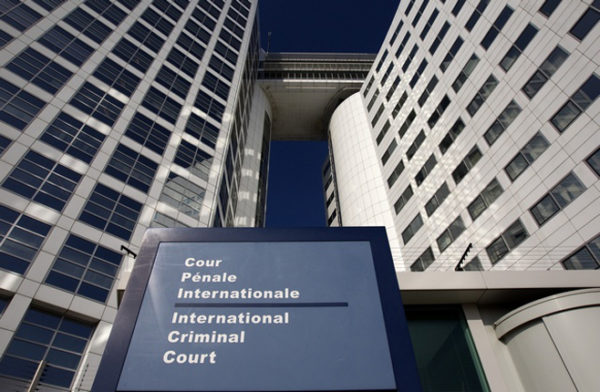Excluding as a Means of Protecting
Thirty-four African countries agreed to the terms of the International Criminal Court. Data from the World Bank shows that all of them receive foreign aid; much of this aid comes from the European nations that direct the ICC. This has led many — including Professor Mahmood Mamdani, a scholar and political commentator of Uganda — to believe that these African states had no choice but to ratify the Rome Statute, an agreement that allows the ICC to prosecute the wrongdoers of nations that approve it. Mamdani has stated that the “ICC is dancing to the tune of Western states. Given Africa’s traumatic experience with the very same colonial powers that now, in effect, direct the ICC, it is an unfortunate case of déjà vu.” As a result, individuals of African countries are able to be prosecuted by the ICC, while the individuals of financially stable countries, such as the United States, China, Japan and India, are able to commit crimes and remain unaffected due to the fact that these countries had nothing to lose when they chose not to ratify the statute.
Turning a Blind Eye to the Inhumane Acts of European Soldiers
According to Abdullahi Boru Halakhe, a security and policy analyst on the Horn of Africa and Great Lakes regions, the ICC investigates more lawsuits on the continent of Africa than all other regions of the world combined. Tedros Adhanom Ghebreyesus, Ethiopia’s minister of foreign affairs, has described the ICC as a “political instrument targeting Africa and Africans.” Just last year, the ICC prosecuted President Uhuru Kenyatta of Kenya for reportedly being linked to violence that occurred after his presidential election in 2007. Yet, according to Barbara Jones, a journalist for Daily Mail, British soldiers training in Kenya were continuously accused of crimes, such as rape and murder, and simply sent home to escape Kenyan prosecution.




